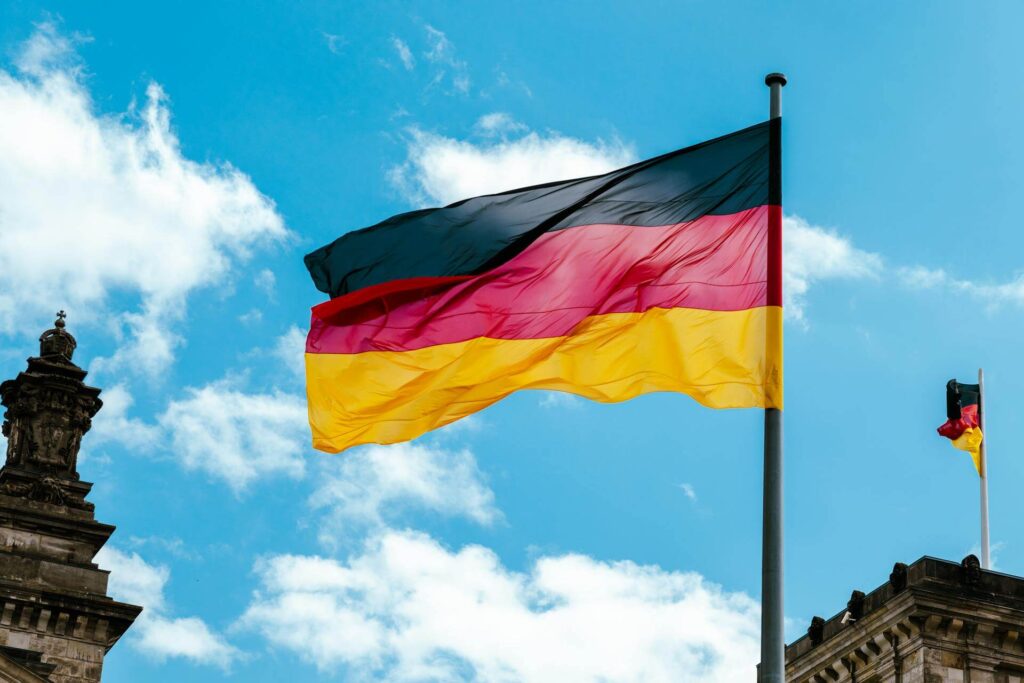On 2 May, the 1st Civil Senate of the Federal Court of Justice of Germany (BGH) is slated to hear a significant case regarding the reimbursement of losses incurred by players who gambled with unlicensed operators.
This case was initially dismissed by the Lower Court of Dresden in 2023 but has found its way to Germany’s highest court due to its implications on the gambling and legal landscape.
The lawsuit centers around an Austria-based sports betting operator that offered services to German players in 2018 without the requisite permissions.
The plaintiff argues that the absence of a valid license rendered the sports betting contracts void, citing violations of Germany’s State Treaty for Online Gambling (GlüStV 2012), specifically provisions related to monthly maximum stakes and the separation of sports betting from other forms of gambling.
The plaintiff is seeking repayment of €11,984.89, representing losses incurred, plus interest.
This case has sparked discussions about the potential for a precedent that could lead to a surge in similar claims, fueled by extensive media coverage and the possibility of financial backing for such lawsuits.
Hambach & Hambach, a Munich-based law firm specializing in gambling law, points out that a favorable ruling for the plaintiff could encourage a wave of complaints against unlicensed operators, a situation that could be exacerbated by aggressive advertising and the allure of “risk-free” gambling.
However, the enforcement of compensation claims poses challenges, especially since many operators are based outside Germany and lack assets within the country.
Legal obstacles also include the enforceability of foreign judgments, highlighted by Malta’s Bill 55, which aims to protect Malta-licensed operators from such claims within the EU, raising questions about the compatibility of such laws with EU regulations.
Despite these challenges, the broader implications for Germany’s regulatory approach to gambling are significant.
Critics argue that reimbursing players for losses with unlicensed operators could incentivize gambling with such entities, potentially exacerbating the country’s black market problem.
A study from the University of Leipzig suggests that nearly half of all online gambling in Germany occurs through unlicensed sites, highlighting the scale of this issue.
The case also touches on Germany’s complex regulatory environment, marred by legal uncertainties and a lack of transparency in the licensing process.
Critics argue that the state’s handling of the licensing system and its tolerance of unlicensed offers until recently have contributed to a legal quagmire, calling for liability on the part of German states for the ensuing chaos.
As the BGH prepares to hear this case, its outcome could have far-reaching consequences for the German gambling market, regulatory practices, and the legal framework governing online gambling.
